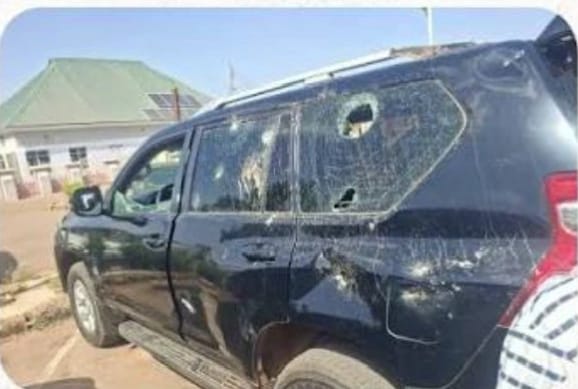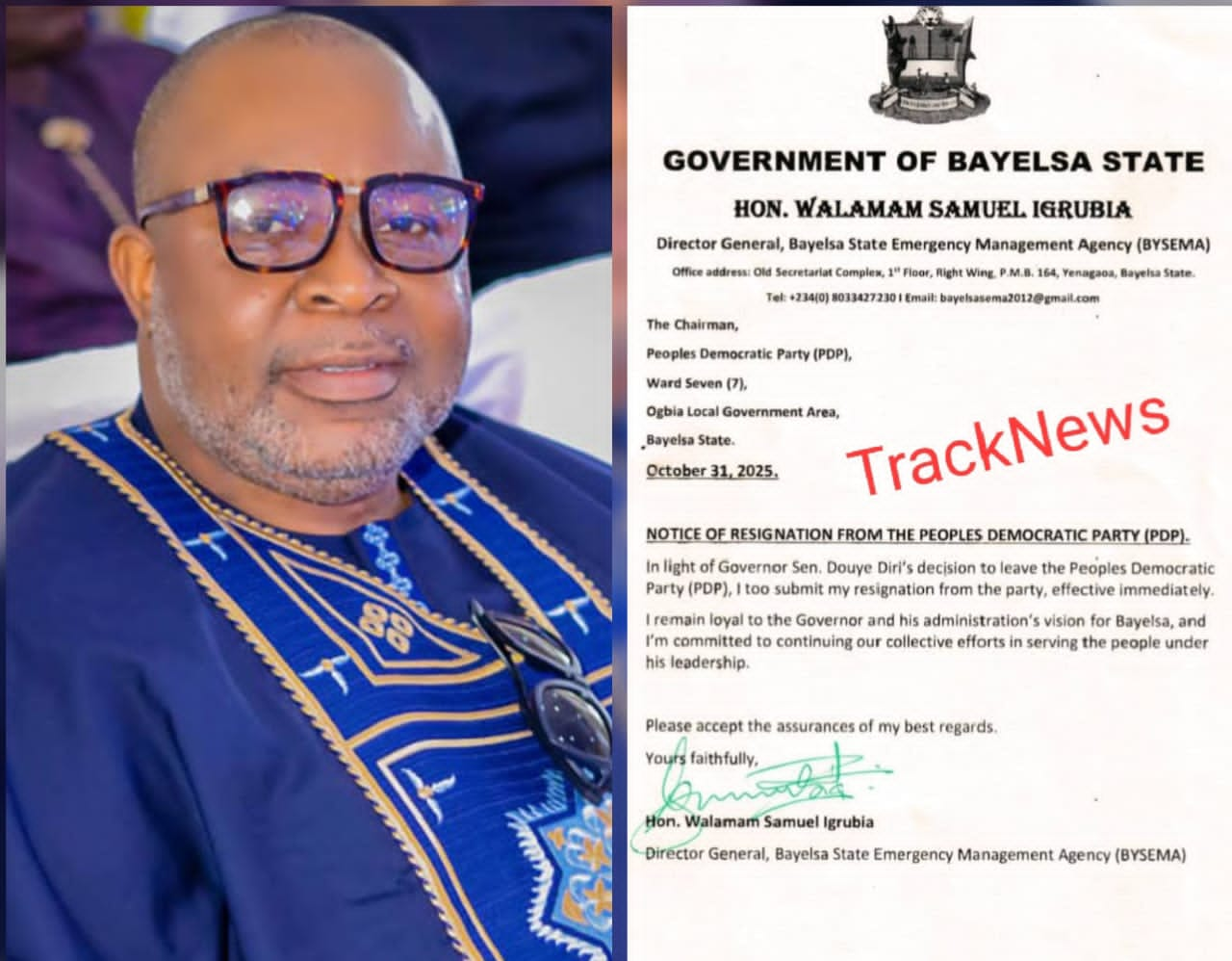Tension erupted in Bida, Niger State, on Sunday afternoon when a group of angry youths attacked the convoy of Governor Umar Bago. The attack reportedly left several vehicles damaged and one of the governor’s aides, Abubakar Mustapha, Chairman of the New Niger Development Project, injured. The unrest followed a failed cash handout scheme that had been promised to residents by the governor.
Eyewitnesses said the governor had earlier pledged to distribute cash gifts to residents of Bida ahead of the local government event. The governor was expected to fulfil the promise on Friday, but only a few individuals reportedly received any money, sparking widespread anger and frustration among the crowd that had gathered. According to one witness, the youths began shouting in protest when it became clear that the promised distribution was not being fulfilled.
The situation quickly escalated as the crowd turned violent. Witnesses said the angry youths pelted the governor’s convoy with stones and sachet water, leading to the destruction of more than six vehicles. The chaos broke out near the town hall, forcing security personnel to intervene as the situation spiralled out of control. The mob reportedly accused Governor Bago of deceit and neglect, claiming he had failed to keep his word to the people who had waited for hours under the sun to receive the promised cash.
In the midst of the attack, Abubakar Mustapha sustained injuries and was immediately taken to the Federal Medical Centre, Bida, for medical attention. Witnesses described the scene as chaotic, with security officers struggling to disperse the crowd while protecting government officials from further harm. The governor was said to have been quickly escorted away from the scene as his aides and security personnel tried to restore calm.
The violence did not end with the attack on the convoy. Reports indicated that some members of the mob went on to vandalize billboards belonging to the All Progressives Congress (APC) and campaign posters bearing the governor’s image. The destruction, according to residents, symbolized growing frustration in the area over unfulfilled promises and poor economic conditions that have deepened hardship among the youth population.
An eyewitness explained that the unrest stemmed from feelings of betrayal. “The people were very angry because they waited for him to fulfil his promise. When he didn’t, they lost control,” the source said. Residents described how some individuals attempted to calm the mob, but the anger spread rapidly, leading to widespread destruction before law enforcement officers managed to contain the situation.
The latest incident came just days after a tragic stampede occurred during an earlier phase of the same cash-sharing event in Bida. That stampede reportedly claimed the life of a young girl and left several others injured. The event, which had been organized under the governor’s supervision, was meant to provide relief funds to residents but instead ended in tragedy, raising concerns about the planning and management of such public distributions.
Sunday’s attack adds to growing concerns over the government’s approach to cash handout schemes, which are often intended as a form of grassroots empowerment but have been criticized for poor organization and lack of transparency. Many residents have accused officials of favoritism in distributing funds, leaving large numbers of people without assistance despite public assurances.
As of Monday morning, authorities had not released an official statement from the Niger State Government regarding the attack or the condition of Abubakar Mustapha. Security forces have reportedly been placed on alert in Bida and surrounding areas to prevent further unrest. Residents have called for calm and urged the government to investigate the incident thoroughly, while others demanded a more transparent and equitable process for future community assistance programs.
The attack marks one of the most serious public confrontations faced by Governor Bago since he assumed office. It underscores growing frustration among youths in Niger State who continue to demand greater accountability and tangible support from political leaders amid rising poverty and unemployment.





